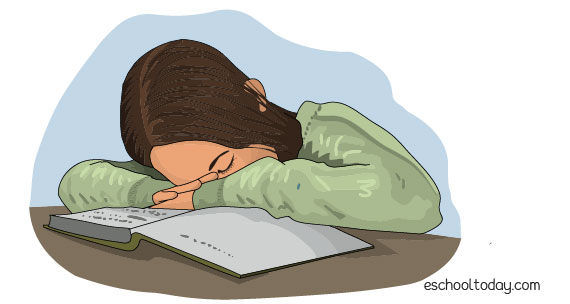- Discrimination and Prejudice
Effects of Discrimination
Like abuse and bullying acts, there are effects and consequences, and no one wins. Here are a few:
The Victim
Physical and emotional impacts:
Exclusion or rejection directed to you by others for reasons that you often have no control over can cause extreme worry to an individual. It results in anxiety, sadness, depression, and a feeling of guilt and emptiness. These often translate into depression, loss of interest, eating disorders, and stress-related ailments.

Social, educational and financial impacts:
Discrimination, harassment, and victimization leave the individual confused and broken.
They may take to alcohol or drugs or may form their own opinions on others, develop a hatred for others, or withdraw from people.
It can affect them financially, may lose their job, quit school, or do poorly at school.
Society and Businesses
Communities and businesses that fail to take action against discrimination tend to be lower in productivity. That is because people feel disgruntled and lose interest in working hard. There is a drop in morale, trust, and confidence on the part of the employees. People with talents and exceptional skills and abilities are not attracted to these places because they do not want to be discriminated against.
Politics
People who face racial discrimination may regroup with some vengeance in mind against other groups. That can fuel conflicts and social discords. Many conflicts and wars have started in this way.
The Culprit
There are strict laws on discrimination that may be applied to individuals who discriminate. There are no excuses, even if you did not know that your actions were discriminatory. Employees and individuals can bring legal action on the business or individual who did the act, and there are consequences for guilty parties.
Did you know…
DID YOU KNOW...
Discrimination isn’t just an insult to our most basic notions of fairness. It also costs us money, as some of our best and brightest players are, in essence, sidelined.
— David Futrelle, TIME, Feb. 19, 2013
